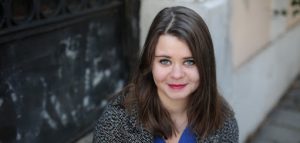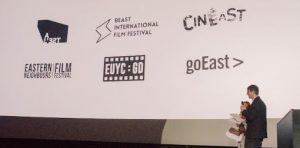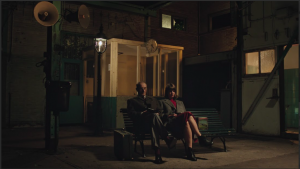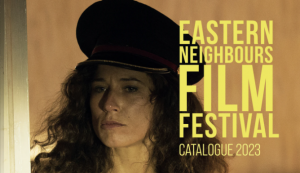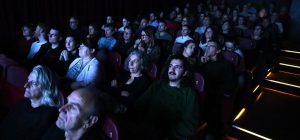
Cinema as Cultural Memory
Memory is often created not only by individual experience but as part of a broader historical, social, and political process in a certain space. Looking back on a person’s private circumstances, gains more nuanced and deeper meaning through the understanding of the broader frame. Our program highlights several films that bring a new perspective on historical events or present times. It reminds us again how cinema has often been instrumental in the process of society creating memories about itself. It’s interesting to observe that in these films, made by female directors, the protagonists are also female, which in cinema, especially of the Balkans, is quite rare. Women were usually beautiful sidekicks or supportive co-creators of the narrative and only exceptionally real film protagonists.
In this festival edition, Cinema as a form of cultural memory is a subsection of the WOMEN’S POWER program in which we highlight several true stories that got acknowledgement in remarkable films that were recently made. The most striking is a story hidden for more than half a century. A huge life and political narrative from WWII, about a Croatian Schindler’s List that saved from concentration camps the lives of some 12,000 children. This heroic deed by the brave Austrian woman Diana Budisavljevic, who was married to a Croatian doctor, was broadly unknown, even in Croatia, till the film came out. In THE DIARY OF DIANA B., director Dana Budisavljevic, a talented documentary maker who proved herself as a director with lots of bravery in her earlier works (screened at ENFF), combines cinematic textures of documentary and fiction in her hybrid feature film. Except for right-wing politicians and their followers, the film was very well received at home, swiping almost all possible awards at the major festivals, and travelled internationally with success. Maybe the biggest achievement of this relevant, meaningful film is making the Ministry of Education in Croatia include the film in the school curriculum. A rare occasion proving that cinema can trigger an important change in the society and is able to bring to the surface hidden stories.
Another film that is based on a true event is the personal drama of journalist Vesela Toteva, whose book on which the film A DOSE OF HAPPINESS is based, sets the viewer in the time of the turbulent change from communist to capitalist Bulgaria in the 90s. In this film, the human body is a container that encapsulates memories of the past, including the rigid regime with strictly guarded borders and confronts them with the sudden freedom that many youngsters didn’t know how to deal with. The narrative takes us through personal dramatic transition from the hell of a heroin addict to the success of a responsible mother and a writer-journalist. The film features the debut of actress Yana Titova and the main role is played by Toteva’s own daughter Valentina Karoleva.
From Ukraine we present an upcoming master of tomorrow, the talented Nadia Parfan, who deals skilfully in her feature documentary HEAT SINGERS with the cultural memory of a country embodied in songs, rituals and in work ethics.
Stories about Roma people are mostly directed by “gadjos” – non-Roma filmmakers. In the documentary HOW FAR THE STARS, Hungarian director Katalin Barsony unfolds the story from her own community of a Roma jazz super talent who has to deal with his musical ambition, interrupted by the survival struggle, family expectations and social prejudices.


